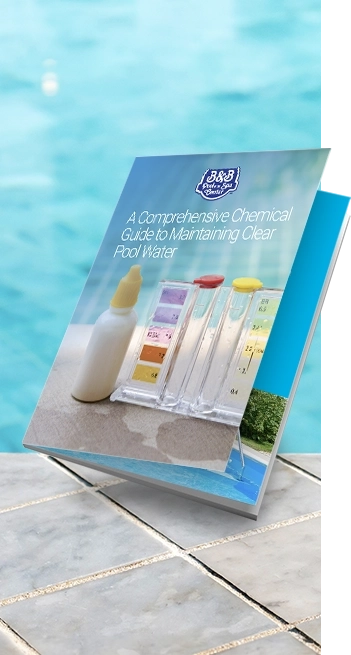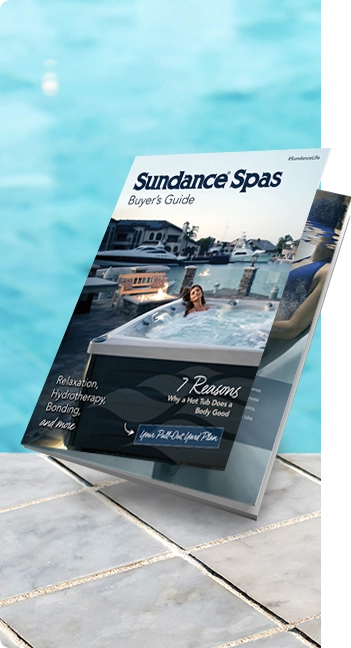Choosing The Right Pool Cleaner
Pool Education
Now that summer has arrived. It’s time to spend more time enjoying the outdoors. Your pool is open.. This is the time when you might be thinking of replacing your pool cleaner—or even getting one for the first time. If you’re thinking of about your pool cleaner, here’s what you should keep in mind when you’re going about making your selection.
There are three main types of automatic cleaners. They work by suction, pressure or electric power.
Suction cleaners
These cleaners move around the pool vacuuming up dirt and debris. They are attached by a hose to one of the suction ports in the pool. Usually, this port is inside the skimmer, but other pools have a dedicated port for a cleaner. Your pool’s circulation pump creates suction by pulling water from the pool, and runs it through your cleaner. The dirt and debris pass through the hose, pass by the suction port continues through the pipes, until they are trapped in the strainer basket at the filter. Some suction cleaners are equipped with brushes to help loosen the dirt.
Pressure cleaners
Use the reverse action of the suction cleaners. They attach to the water return of your pool’s circulation system. The clean, filtered water moving back to the pool powers the cleaner. A bag or net on top of the cleaner collects the dirt and debris. Some pressure cleaners are equipped with booster pumps. These pressure cleaners are not dependent solely upon your pool’s pump for their power. Pressure side cleaners typically—but not always—require a dedicated port as do suction cleaners.
Electric cleaners are a good option depending on how your pool was originally plumbed. This is because electric cleaners are completely independent of your pool’s water circulation system. They are powered by low-voltage electricity. Electric cleaners are equipped with built-in filters, which lessen the burden on the pool’s filtration system. This typically translates to lower energy use as well as increasing the life expectancy for your pool’s pump and filter. And by keeping the cleaner separate from your filtering system, you typically can expect to clean your pool filters less frequently. Electric cleaners are convenient to use. Some have remote controls that allow you to guide the cleaner from poolside for spot cleaning. Electric cleaners cost more initially. They a great option to keep energy usage low as well as extened the life of your other pool equipment.
Which is the best solution for you?
It’s best to weigh the typical conditions and requirements for your pool against the benefits of the different types of cleaners and their particular benefits. For instance, if your property has trees that lose their leaves in the fall, pressure cleaners and electric cleaners handle the volume of leaves better than suction cleaners. Of the two, pressure cleaners may be the better option in a leafy environment since they are independent from the pool’s circulation system.
If on the other hand, you live in an area where sand or silt gets into your pool, suction cleaners are better able to handle the fine debris. Keep in mind that if a large volume of debris clogs your suction cleaner, the resistance can stress your pool’s circulation system. Although pressure cleaners also rely on your pool’s circulation pump, they connect to the discharge side of your filter. This is so the volume of debris doesn’t clog the filter system in the same way.
So, if you’re thinking about updating your cleaning system, you may want discuss these options with your pool professional. Being prepared for the conversation will mean that you will be able to determine what the best solution is for your pool.


